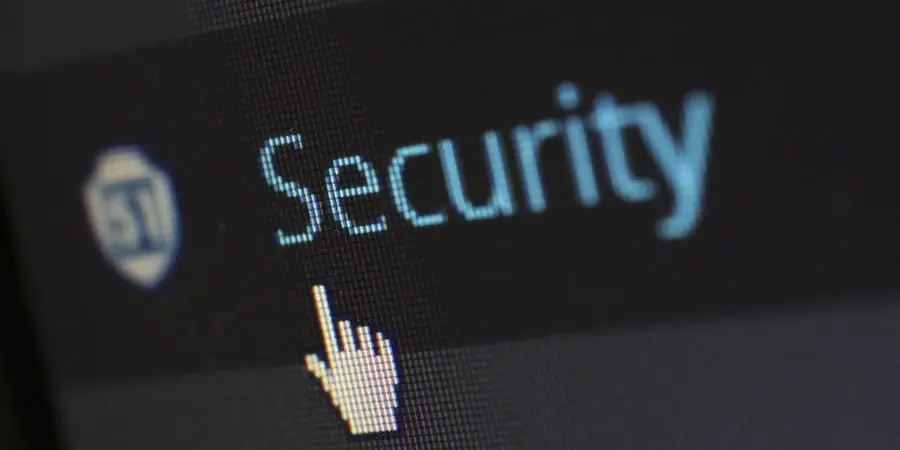
How do I Secure My Website from Hackers and Cyber Attacks?
Introduction
1. Keep Your Software Up to Date

Keeping your website software, including the content management system (CMS), plugins, and themes updated and running optimally is essential for security. Hackers often target known vulnerabilities in outdated software, so keeping your software updated and healthy is a must.
2. Use Strong Passwords
Besides that, using strong passwords is essential for preventing unauthorised access to your website. Passwords should be complex and contain a combination of letters, numbers, and symbols. Additionally, avoid using the same password for multiple accounts, and consider using a password manager to generate and store passwords securely.
3. Enable HTTPS

Enabling HTTPS increases security
Enabling HTTPS (Hypertext Transfer Protocol Secure) on your website encrypts the communication between your website and your visitors’ browsers, preventing attackers from intercepting sensitive information like passwords and credit card numbers. You can enable HTTPS by obtaining an SSL/TLS certificate from a trusted certificate authority and configuring your website to use it.
4. Use Web Application Firewalls
Web application firewalls (WAFs) can help protect your website from attacks like cross-site scripting (XSS) and SQL injection. WAFs work by monitoring incoming traffic and blocking malicious requests. You can use a WAF as a service from your hosting provider or install one on your server.
5. Implement Two-Factor Authentication
 2FA provides another layer of security
2FA provides another layer of security
Moreover, implementing two-factor authentication (2FA) can add an extra layer of security to your website. 2FA requires users to provide a second form of authentication, such as a code sent to their phone or a fingerprint scan, in addition to their password. This can help prevent unauthorised access to your website even if a password is compromised.
You may also want yo set up a Google Authenticator to keep your website and data extra safe. Click to find out more.
6. Back Up Your Website Regularly
Backing up your website regularly can help you quickly restore your website in the event of a hack or cyber attack. Ensure that your backups are stored securely and in a location separate from your website.



